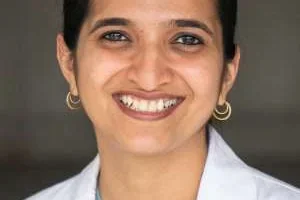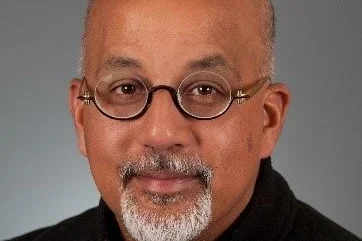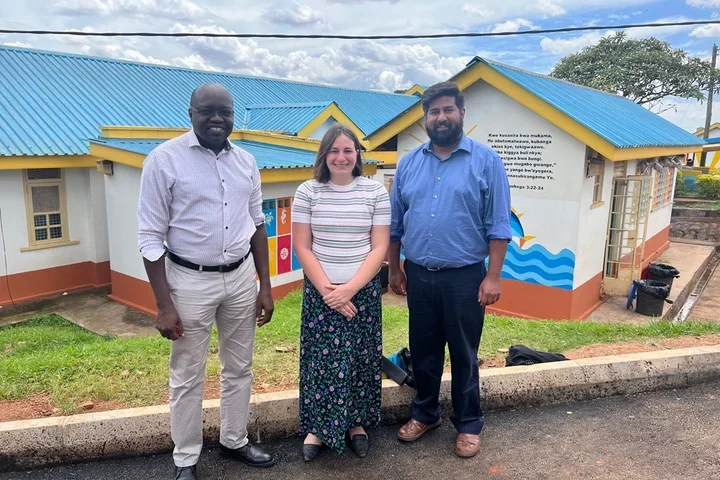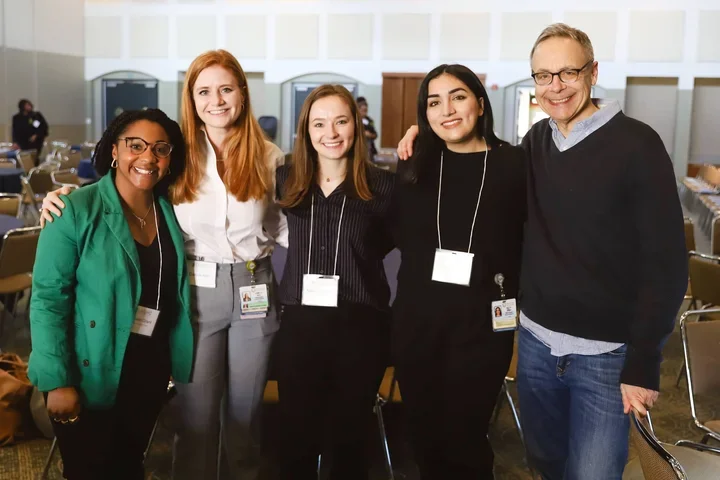A UCLA physician improves health at the border
Dr. Hannah Janeway (they/them) is part of the fabric of community health at the U.S.-Mexico border.
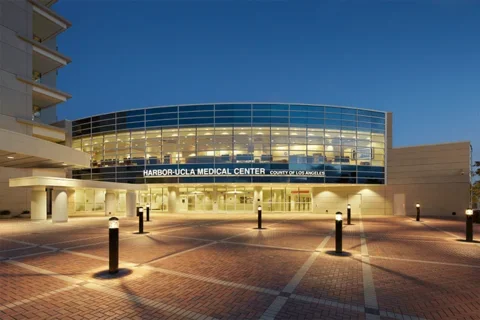
Dr. Hannah Janeway (they/them) is part of the fabric of community health at the U.S.-Mexico border. In 2018, they co-founded Refugee Health Alliance (RHA), which aims to provide ethical, holistic, and culturally-sensitive healthcare to vulnerable populations along the U.S.-Mexico border. Dr. Janeway completed medical school at Brown University, was an Emergency Medicine Resident at Harbor-UCLA, and is now an International and Domestic Health Equity and Leadership Fellow at UCLA. GHP caught up with Dr. Janeway to learn more about their critically important border-health work.
What prompted you to co-found Refugee Health Alliance (RHA) in 2019?
Dr. Janeway: RHA was founded by U.S. and Mexican physicians, nurses, midwives, mental health professionals, students, and community activists to care for vulnerable populations at the U.S.-Mexico border. Originally, we were just a group working out of a co-op in Tijuana, providing street medicine in migrant shelters. In 2018, we obtained non-profit status in the U.S. and are set to obtain it in Mexico in the next month. RHA attempts to embody everything I have always hoped for in medicine. RHA strives to remove hierarchical boundaries and legacies of imperialism/colonialism common in medicine, and instead focus on shared power structures, trauma-informed care, and strategic, privileged risk-taking. RHA has allowed me to use my medical knowledge as a changemaking tool.
RHA supports the provision of medical care at 30 shelters and two clinics at the U.S.-Mexico border. Can you share a bit about how RHA's activities, as well as the needs of your clients, have changed amidst the COVID-19 pandemic?
Dr. Janeway: Since the beginning of the pandemic, we have had to adapt to rapidly changing realities. The Mexican border never closed for U.S. citizen volunteers; however, COVID-19 and its subsequent travel restrictions did greatly reduce the volunteer workforce that we relied on, and reduced the presence of other non-governmental organizations working there. This allowed RHA to invest more deeply in the local community and, through special COVID-19 funding, hire more local community members to work in our clinics. For example, instead of shelter visits (which are just re-starting), we instituted a tele-medicine project, and turned to public health education and hygiene — setting up quarantine plans and teaching shelter directors how to identify symptoms, use pulse-ox machines and thermometers, and provide basic over-the-counter medications. We worked with the Department of Public Health in Tijuana to identify COVID-19 cases in shelters so that they could then provide quarantine assistance and further testing. We continued our weekday clinic, but added services, such as meals, hygiene kits, and a water fountain. We also continued our medical-legal project and our LGBTQIA+ program that provides gender affirmation services for transgender individuals. In addition, we increased our mental health program, given the increase in challenges observed when shelters went into full quarantine. All of these adaptations made our organization stronger.
GHP is grateful to Dr. Janeway and team for their tireless work to improve health at the U.S.-Mexico border. You can learn more about RHA by visiting https://www.refugeehealthalliance.org.
